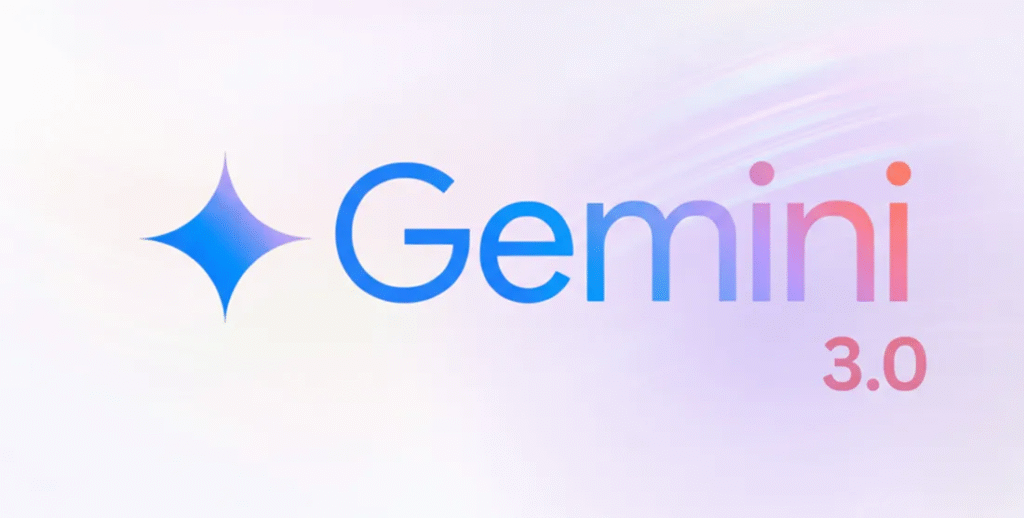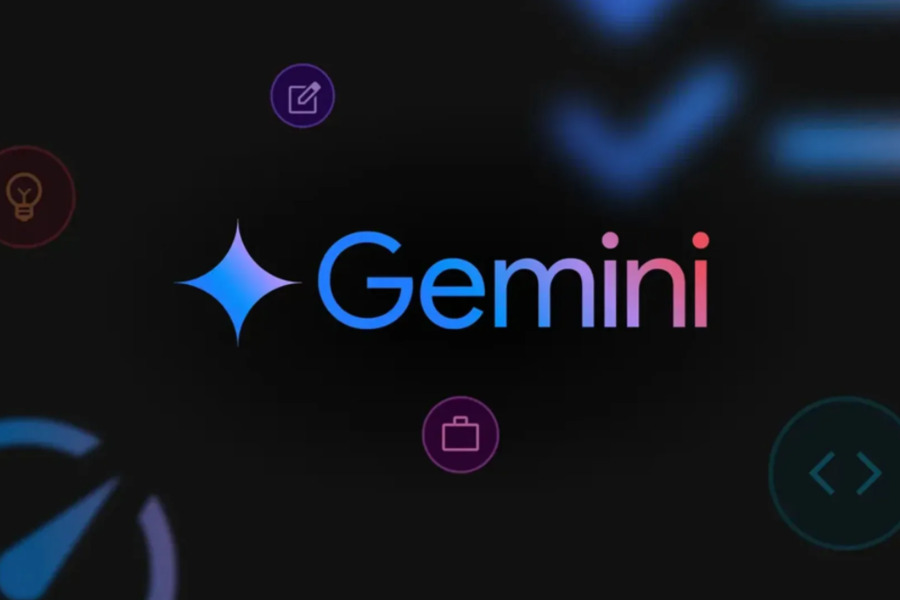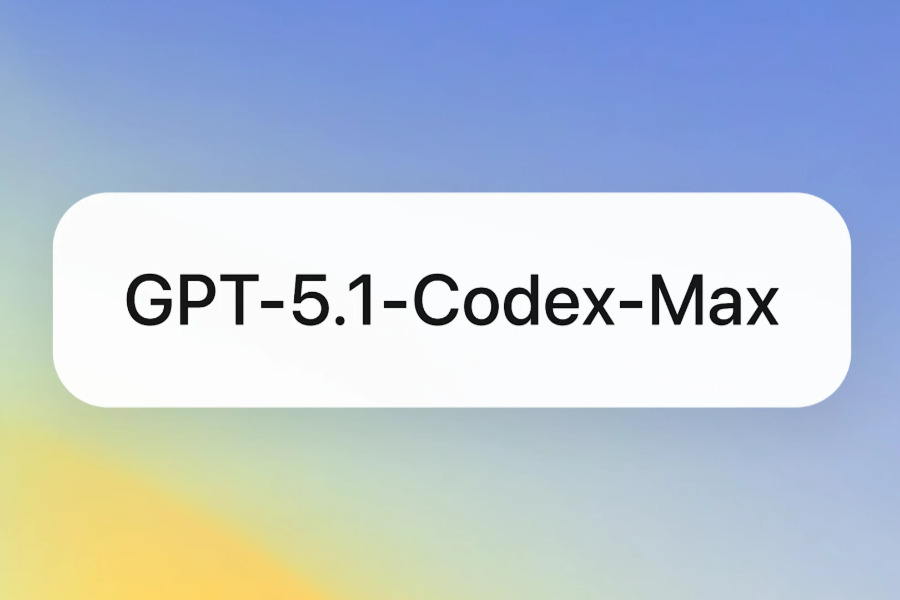In a definitive move to secure its position in the artificial intelligence landscape, Google CEO Sundar Pichai has confirmed the upcoming launch of Gemini 3, the company’s next-generation AI model set for release before the end of 2025. The announcement came during Alphabet’s latest quarterly earnings call, where the company revealed its first-ever $100 billion quarter.
Gemini 3 represents Google’s strategic effort to surpass its current Gemini 2.5 Pro model and directly compete with industry leaders like OpenAI’s GPT-5. Unlike conventional AI upgrades focused solely on performance metrics, Gemini 3’s development is centered on a crucial frontier: advanced Agent capabilities for handling complex, multi-modal tasks.
Gemini 3: The Strategic Shift to Agent-Centric AI

Google’s emphasis on Agent capabilities signals a fundamental shift in artificial intelligence development. Rather than creating models that simply respond to individual queries, the company is engineering Gemini 3 to function as what Pichai described as an intelligent system focused on “utility and complexity”.
So what exactly are AI Agent capabilities?
In practical terms, these systems are designed to demonstrate true problem-solving intelligence through a structured approach:
- Planning: Breaking down complex, high-level goals into manageable steps
- Execution: Autonomously performing tasks using various tools and applications
- Adaptation: Monitoring results and dynamically adjusting strategies based on new information
This approach enables Gemini 3 to handle sophisticated, continuous workflows across different domains—from debugging multi-file codebases to analyzing financial reports incorporating text, data, and visual elements.
The focus on Agent capabilities aligns with what industry observers have identified as Google’s strength in “multimodal reasoning and creative AI image generation,” which currently outperforms some competitors in specific benchmarks.
Multimodal Integration and Competitive Positioning
Gemini 3’s Agent functionality is deeply connected to its enhanced multimodal architecture. The model is designed to process and reason across different data types—text, images, code, and potentially video—with unprecedented coherence.
Pichai highlighted that the new model will place greater emphasis on practicality in handling complex, multimodal tasks, making this its core strength . This means users could potentially submit a handwritten note with a technical diagram, attach a relevant code snippet, and ask Gemini 3 to research documentation, explain the diagram’s function, and write corresponding unit tests—all within a single, cohesive request.
This level of cross-domain integration positions Gemini 3 as a direct competitor to OpenAI’s GPT-5, with industry analysis suggesting that while GPT-5 may maintain advantages in pure text-based reasoning, Google’s models often excel in multimodal tasks and real-time data integration, thanks to the company’s vast ecosystem.
Business Context and Market Readiness
The Gemini 3 announcement comes amid exceptional business performance for Alphabet. The company achieved $102.3 billion in Q3 2025 revenue, up 16% year-over-year, with Google Cloud revenue growing an impressive 34% to $15.2 billion.
Google’s AI ecosystem shows remarkable traction:
- Gemini App monthly active users have surpassed 650 million
- Query volume tripled in the third quarter compared to the previous quarter
- AI Mode has exceeded 75 million daily active users with queries doubling last quarter
This substantial user base provides Google with a significant advantage in testing and deploying Gemini 3’s advanced capabilities across existing platforms.
The company’s infrastructure readiness is equally notable. Google Cloud’s backlog surged 82% year-over-year to $155 billion, with over 70% of existing Cloud customers already using Google’s AI products . This established enterprise footprint creates a natural deployment path for Gemini 3 through Google Cloud’s Vertex AI platform.
Fianl Words on Gemini 3
Google’s strategic direction with Gemini 3 underscores several key industry trends. First, the focus on Agent capabilities represents the next evolutionary phase in AI, transitioning from tools that assist users to systems that can accomplish complete tasks autonomously.
Second, the integration of AI across Google’s product ecosystem—from Search to Workspace to Cloud—creates a competitive advantage that standalone AI companies cannot easily replicate.
Finally, the substantial infrastructure investments, including custom TPU chips and partnerships with NVIDIA, highlight that future AI leadership will require excellence across the entire technology stack—from silicon to end-user applications.



